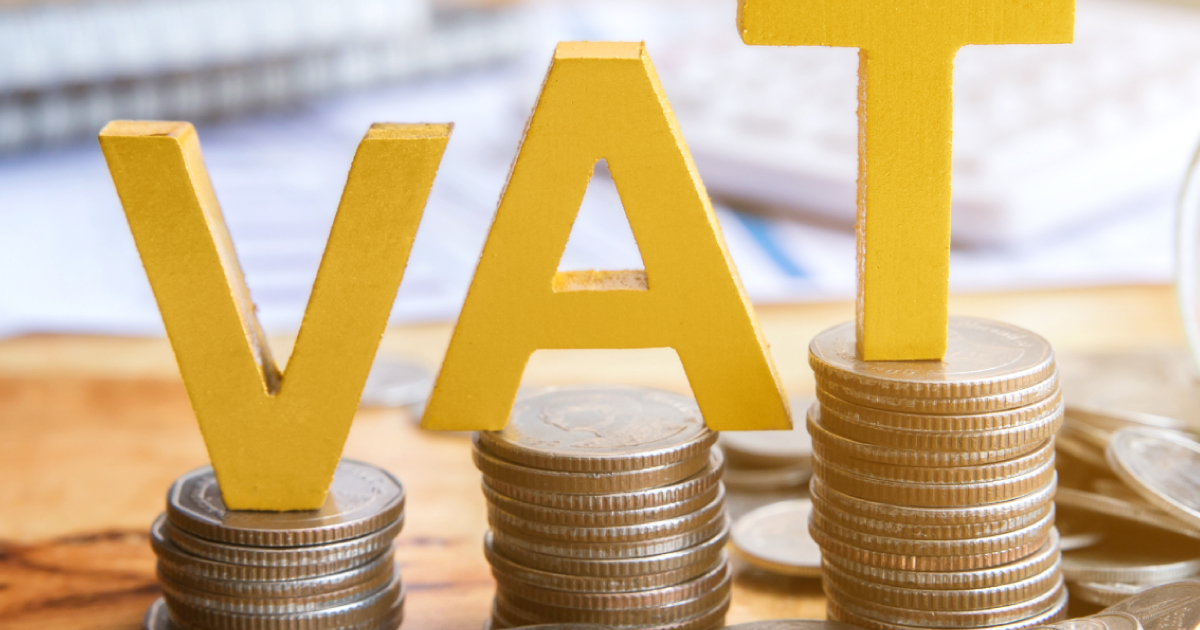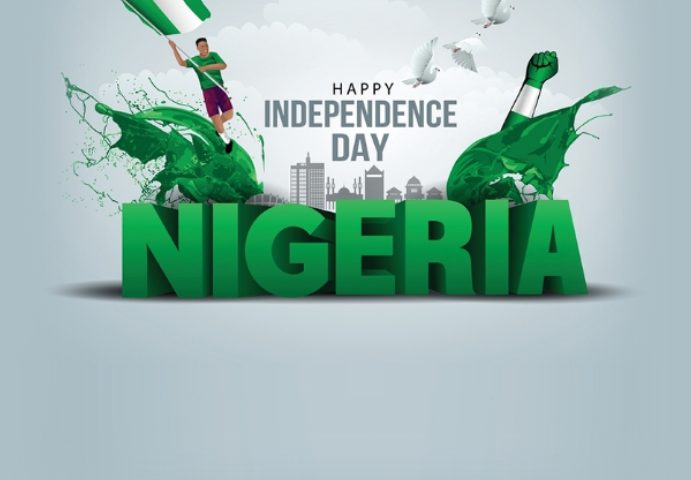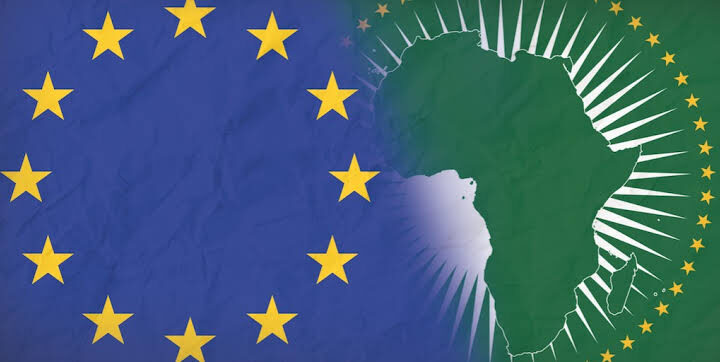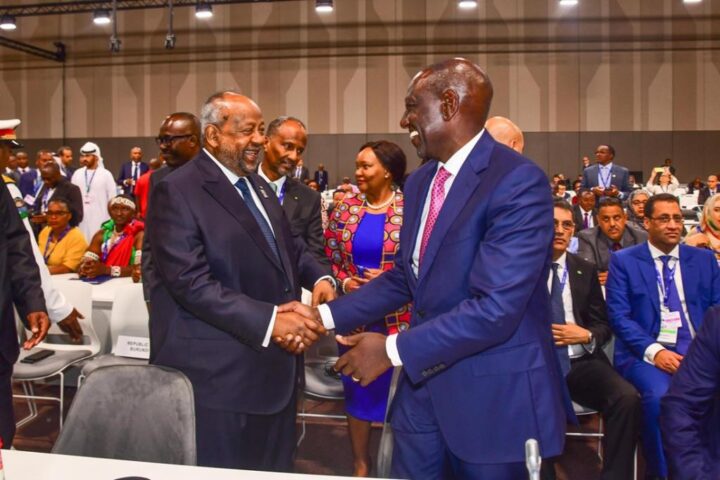On Thursday, September 16, 2021, the Southern Governors’ Forum convened in Enugu to discuss major issues, with the Value Added Tax (VAT) as arrowhead. The issue of VAT came at a time when recent agitations by Southern governors were climaxing –from political appointments, federal character, restructuring, open grazing and now VAT.
The VAT move followed earlier efforts by Lagos and Rivers State governments to contest the collection of VAT by the Federal government through the Federal Inland Revenue Service (FIRS). Both states recently took legal action to regain control and management of VAT from the Federal Government as was the case in the 1960s.
Join our WhatsApp ChannelIn a meeting held on July 5, 2021, the Southern states had set a deadline for ban on open grazing and urged all states in the region to comply. Many people from the south have commended what they see as reasonable consensus among Southern states, which might be a counter to the monolithic status of the north on national issues.
Beyond these nascent issues that now seem to have the Southern governors united in one voice, the growing rapprochment among the governors, suggest a force that might play a huge role in determining the outcome of elections come 2023. The prospect is highlighted in the communique presented at the meeting in which the governors reiterated their call that the South produce the nation’s president in the next election.
The report by the Lagos state speaker that the state generates over N500bn annually on VAT, and the similar statement of Governor Wike that Rivers State generated N15bn in June 2021 form the bone of contention as the southern states lament the unjust allocation of revenue from VAT. Rivers state, which generated N15bn in 2021, got #4.7bn while Kano which generated #2.8bn, received #2.8bn.
If a favourably and mutually beneficial method of allocating revenue from VAT cannot be achieved, then the states are justified in their attempts to wrest the control of VAT from the federal government.
Notwithstanding, FIRS has insisted on the legitimacy of the control of VAT by the Federal Government. According to Mr Matthew Gbonju of the FIRS Special Task Operations, VAT came into being by virtue of the VAT decree of 1993, which is a federal law. According to the law establishing VAT, FIRS is the legitimate authority to administer it.
However, the Federal High Court, Port Harcourt division, in its decision, stated that the Federal Government does not reserve the right to control taxes not listed under items 58 and 59 of Part 1 of the Constitution. VAT, which is not mentioned specifically under these lists, is therefore beyond the competence of the National Assembly.
The judicial interpretation of the law has indeed rendered the federal autonomous control and re-allocation of VAT revenue unconstitutional. Without doubt, the action taken by Lagos and Rivers State governments to challenge the appropriation of VAT by the Federal Government is long overdue.
It is not a misplaced struggle, and using civil means to pursue the case has marked the governors for commendation. An in-depth and more robust perspective on the issue is being achieved through the civil means being used in the matter.
The step is also necessary as it will effectively address the unconstitutional encroachment of the Federal Government on economic autonomy of federating states and other social institutions. More agreeable and mutually beneficial systems of disbursement of VAT should be considered to accommodate the interest of all stakeholders.
On a sourer note, we also need to pay heed to the high-level outrage caused by the attitude of the governors of the Southeast in either failing to attend the Thursday meeting or in sending no representatives. Some have described the step as evasive and a betrayal, which can send the wrong signal to many non-state actors such as IPOB, which continue to command trust and obeisance from the ordinary citizen.
Worse, chairman of Southeast governor’s forum and Ebonyi governor, David Umahi, has appeared on television to challenge those opposing FG’s collection of VAT. We believe that his absence at the meeting should not have been followed by such a comment, given the belief of the ordinary southeasterner about the absence of the other four Southeast governors from the meeting.
A meeting held in the shores of the Southeast had only the host governor in attendance, with Anambra state having no delegate at all. In comparison, four of the six south-south governors attended with two deputy governors, which was the same for the Southwest; yet, far more states in the Southwest are in the President’s All Progressives Congress (APC). While the Southeast governors are free to make their decisions, they must not aggravate the tense social situation in the Southeast, especially with the case of rising sympathy for bandits, kidnappers and other violent non-state actors.
Recall that only Enugu State has passed the anti-open grazing bill into law, in line with a former resolution of the Southern governors’ forum to ban open grazing in the region. By contrast, at least six other states in the zone has legally banned open grazing. Southeast governors need not give miscreants more reason to hold ordinary citizens to ransom. Prime Business Africa believes that the case of the IPOB ordered sit-at-home should teach us all some lessons about playing politics with urgent national and regional concerns.















![Gender Activism An Economic Necessity In Africa [PBA Editorial]](https://www.primebusiness.africa/wp-content/uploads/2023/11/vaw-720x480.png)
Follow Us